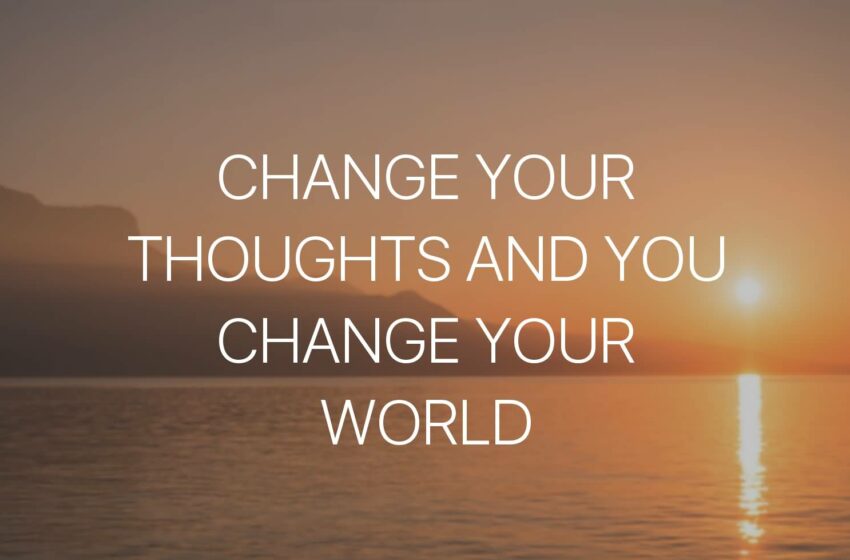John F. Kennedy
“Change is the law of life. And those who look only to the past or present are certain to miss the future.”
President Kennedy, a visionary leader of the United States, recognized the inevitability of change and the necessity of embracing it to move forward.
Barack Obama
“Change will not come if we wait for some other person or some other time. We are the ones we’ve been waiting for. We are the change that we seek.”
As the 44th President of the United States, Obama advocated for proactive engagement with change, emphasizing the individual’s role in driving societal transformation.
George Bernard Shaw
“Progress is impossible without change, and those who cannot change their minds cannot change anything.”
A prolific playwright and thinker, Shaw highlighted the indispensable link between progress and openness to change, urging intellectual flexibility for societal advancement.
Norman Vincent Peale
“Change your thoughts and you change your world.”
An influential clergyman and author, Peale emphasized the transformative power of thought in reshaping personal realities and fostering positive change.
Alan Watts
“The only way to make sense out of change is to plunge into it, move with it, and join the dance.”
A philosopher and interpreter of Eastern philosophies, Watts encouraged embracing change with fluidity and adaptability, likening it to a dance of life.
John C. Maxwell
“Change is inevitable. Growth is optional.”
A leadership expert and author, Maxwell underscored the voluntary nature of personal growth in the face of inevitable change, advocating for intentional development.
Simone de Beauvoir
“Change your life today. Don’t gamble on the future, act now, without delay.”
A pioneering existentialist philosopher and feminist, de Beauvoir urged individuals to seize agency over their lives and initiate change without hesitation.
Kakuzo Okakura
“The art of life lies in a constant readjustment to our surroundings.”
A Japanese scholar and author, Okakura celebrated the adaptive nature of existence, suggesting that the essence of living lies in continual adaptation to changing environments.
Maya Angelou
“If you don’t like something, change it. If you can’t change it, change your attitude.”
A renowned poet and civil rights activist, Angelou advocated for both active change-making and internal transformation as means to confront adversity.
Leo Buscaglia
“Change is the end result of all true learning.”
A motivational speaker and author, Buscaglia emphasized the symbiotic relationship between learning and change, suggesting that genuine education inevitably leads to transformation.
Charles Darwin
“It is not the strongest of the species that survive, nor the most intelligent, but the one most responsive to change.”
The father of evolutionary theory, Darwin recognized the paramount importance of adaptability in the survival and evolution of species.
Tony Robbins
“Change is inevitable. Progress is optional.”
A motivational speaker and life coach, Robbins stressed the inevitability of change and the individual’s capacity to choose progress amidst it.
Woodrow Wilson
“If you want to make enemies, try to change something.”
The 28th President of the United States, Wilson recognized the resistance often encountered when initiating change, highlighting the challenge inherent in disrupting the status quo.

